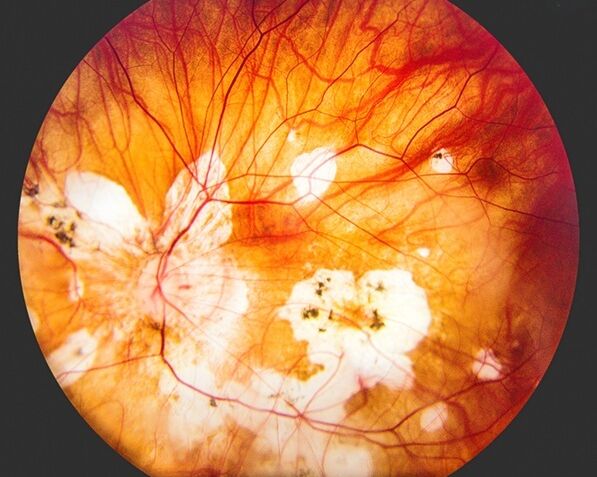Supporting Sickle Cell Awareness Month and the sickle cell community

This month Genomics England is marking Sickle Cell Awareness Month, which aims to bring greater visibility of the genetic condition and those affected by it.
In recognition of sickle cell’s importance and the need to do more for those with it, it is one of the 4 key focus areas of Genomics England’s Diverse Data initiative, which looks to improve equity in genomic healthcare.
There is currently a limited understanding of how and why sickle cell affects people so differently, making complications difficult to predict and treatments hard to develop. We are gathering genomic information from underrepresented groups and expanding genomics research in diverse populations to help counter this. This includes supporting a focused arm of the Improving Black Health Outcomes BioResource – with sickle cell being particularly common in people with an African or Caribbean family background.
We work with an extensive range of partners and people impacted by sickle cell so that through patient-centred, genomic research we can improve understanding, treatment and ultimately outcomes for people affected by the condition.
Additionally, we support the NHS Genomics Medicine Service, which includes carrier testing for sickle cell to provide more undiagnosed patients with answers. The foundations for this service were laid by the 100,000 Genomes Project, an ambitious initiative that sequenced 100,000 genomes from NHS patients affected by rare conditions or cancer.
About sickle cell
Sickle cell disorder is the name for a group of inherited health conditions that affect the red blood cells.
Approximately 17,500 people in the UK have sickle cell disorder. Almost 300 babies are born in the UK with sickle cell each year.
It is a serious and lifelong health condition. Some of the symptoms include:
- Sickle cell crises, which are painful episodes that can last for days or weeks
- Greater risk of serious infections
- Anaemia, which can cause tiredness and shortness of breath
Additionally, children with sickle cell disorder are at increased risk of stroke. The risk is highest between 2 and 16.
Hear from people with sickle cell
Listen to the latest episode of our Behind the Genes podcast, during which our sickle cell Patient Voice Group discuss their lived experiences and the need for organisations to be considerate when engaging with patients.
You can also listen to our podcast with the Sickle Cell Society and the James Lind Alliance covering our priority setting partnership together for sickle cell and genomics as part of Diverse Data.
Our patient voice blog written by Hazel, Sam and Natasha – who all have sickle cell - explores their work together as a sickle cell patient advocacy team, what they do, and what it means to be a patient advocate.
Collaborating with Primrose Granville – a broadcaster, health campaigner and community activist – we are creating a two-part sickle cell documentary. This will share perspectives from those living with sickle cell and will outline the need for more genomic research and how it can change the lives of people living with sickle cell.
For more information on Sickle Cell Awareness Month and the condition more broadly, you can visit the Sickle Cell Society’s website.


